George Bunn
Guest Reporter
France has been plunged into political turmoil after Prime Minister Michel Barnier resigned on Thursday, becoming the shortest-serving premier in modern French history.
Barnier's government was toppled in a historic no-confidence vote on Wednesday, marking the first successful action since 1962.
The veteran conservative submitted his resignation to President Emmanuel Macron at the Élysée Palace after barely three months in office following a parliamentary defeat that forced his government to step down.
The crisis has left France facing deep political uncertainty just weeks before Christmas.
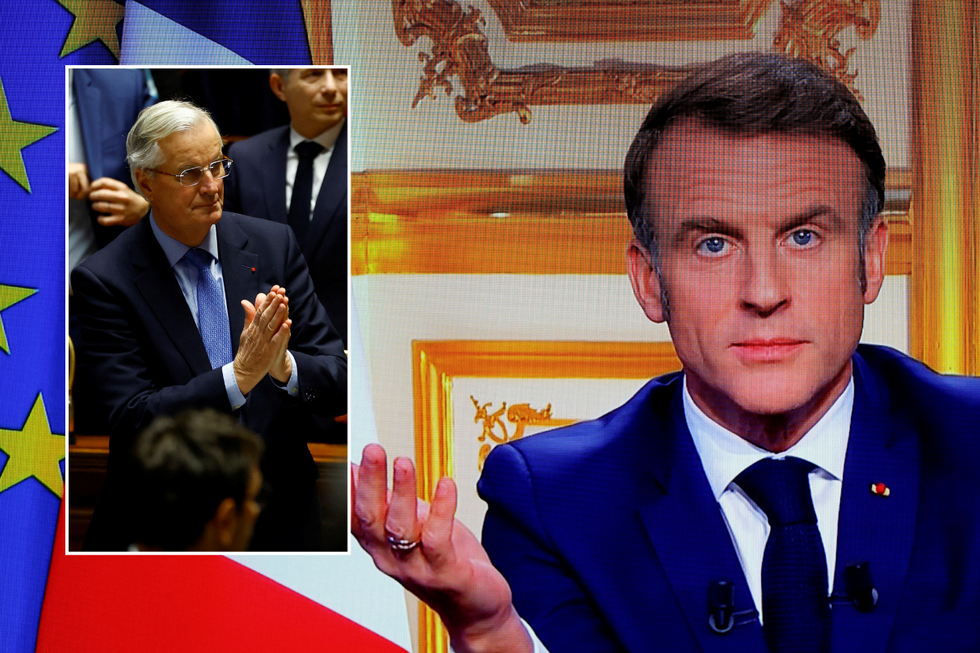
The dramatic fall of Barnier's government came after hard-right and left wing lawmakers united to vote against his fiscal plans. A total of 331 MPs backed the no-confidence motion, exceeding the 288 required for it to pass.
Marine Le Pen's National Rally joined forces with the leftist New Popular Front in what Macron later called an "anti-republican front".
The unlikely alliance formed after Barnier attempted to force through an austerity budget for next year without a vote.
"This is the logical conclusion of what France and its lawmakers are at the moment: a mess," 75-year old Parisian Paulo told reporters.
LATEST DEVELOPMENTS
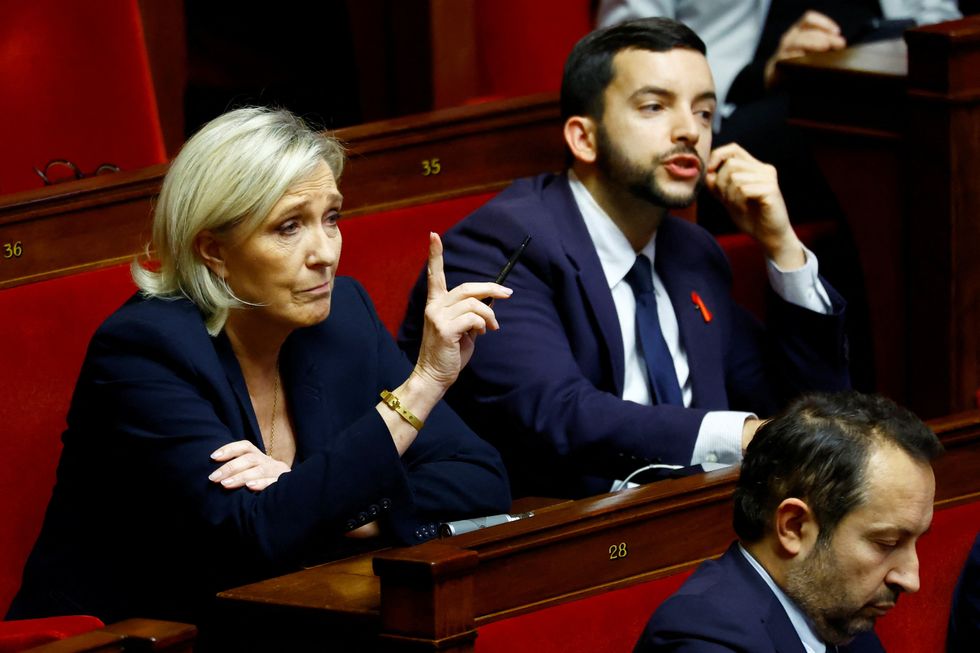
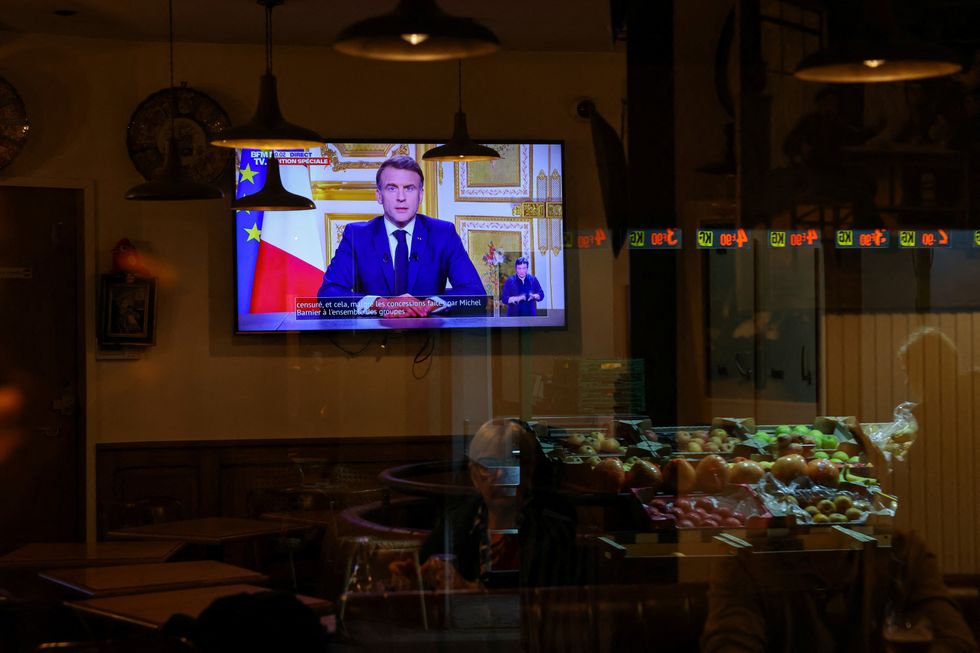
In a defiant televised address to the nation, Macron vowed to serve out his full term until 2027 despite growing calls for his resignation.
"The mandate you have given me is for five years and I will exercise it until the very end," the French president declared.
A recent Toluna Harris Interactive poll for RTL broadcaster showed 64 per cent of voters want Macron to quit. The president denied responsibility for the crisis, blaming far-right and left-wing parties for uniting to create "a mess" by ousting Barnier.
Under French constitutional rules, a president can only be removed if two-thirds of lawmakers determine he has gravely failed in his role. The political uncertainty has been unnerving investors in French bonds and stocks for weeks.
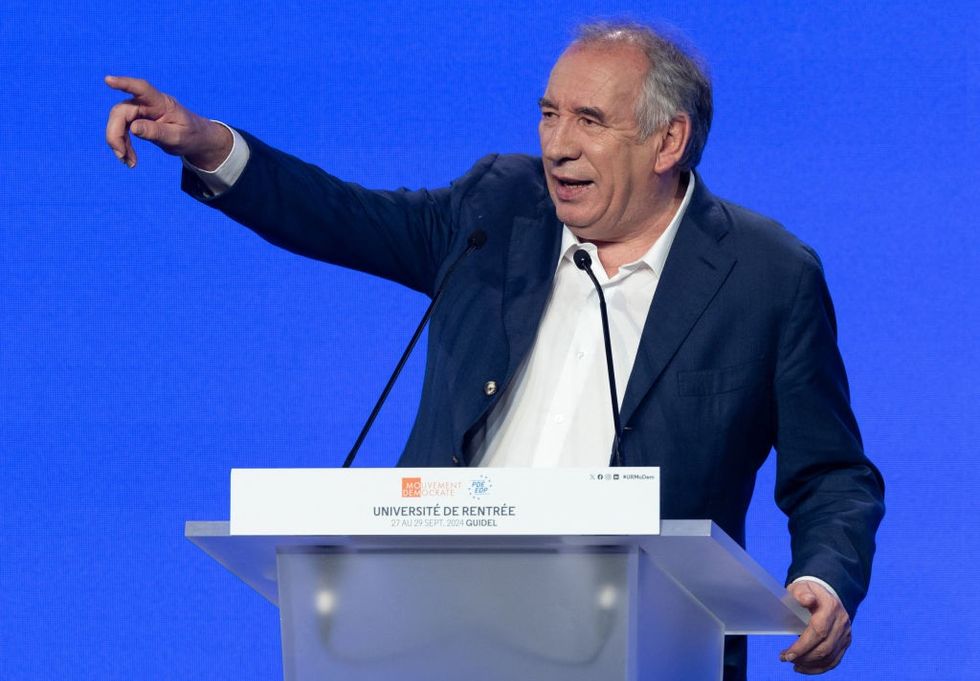
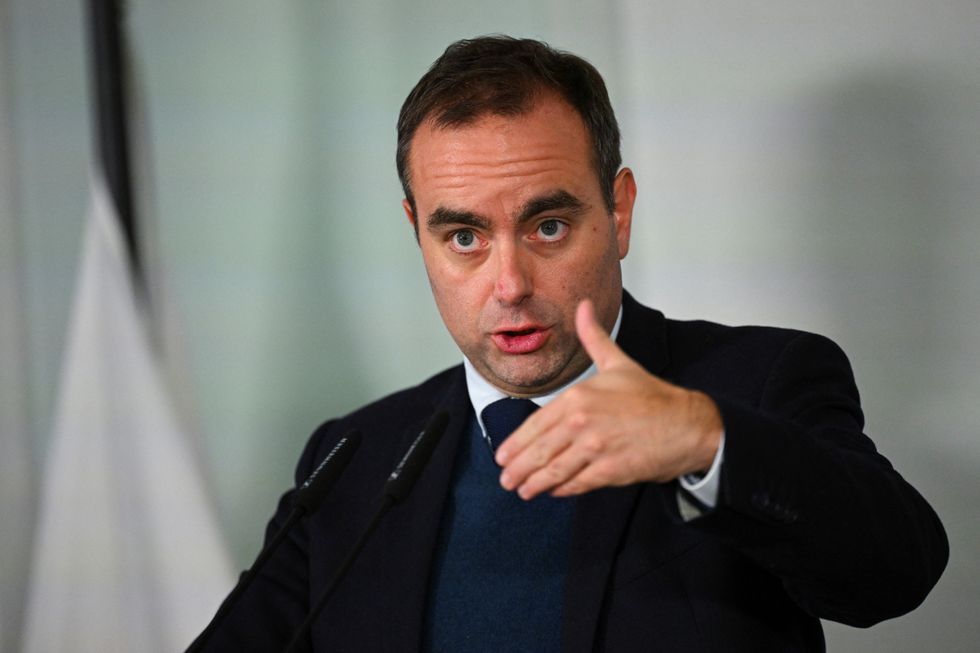
Credit rating agency Standard and Poor's warned that France now lacks a clear path to reducing its fiscal deficit. The country faces a budget deficit of €157.39 billion as of October, with Barnier's unpopular budget having included €60 billion in deficit reduction.
Macron pledged to name a new prime minister "in the coming days" with getting a 2025 budget through parliament as the top priority.
Veteran centrist politician and Macron ally Francois Bayrou met with the president for lunch on Thursday, with French media citing him as a potential successor to Barnier. Outgoing defence minister Sebastien Lecornu is also reportedly being considered for the role.
Sources said that Macron aims to appoint a replacement swiftly, hoping to do so before Saturday's Notre-Dame Cathedral reopening ceremony, which US President-elect Trump is expected to attend.
Find Out More...
Barnier's government was toppled in a historic no-confidence vote on Wednesday, marking the first successful action since 1962.
The veteran conservative submitted his resignation to President Emmanuel Macron at the Élysée Palace after barely three months in office following a parliamentary defeat that forced his government to step down.
The crisis has left France facing deep political uncertainty just weeks before Christmas.

The dramatic fall of Barnier's government came after hard-right and left wing lawmakers united to vote against his fiscal plans. A total of 331 MPs backed the no-confidence motion, exceeding the 288 required for it to pass.
Marine Le Pen's National Rally joined forces with the leftist New Popular Front in what Macron later called an "anti-republican front".
The unlikely alliance formed after Barnier attempted to force through an austerity budget for next year without a vote.
"This is the logical conclusion of what France and its lawmakers are at the moment: a mess," 75-year old Parisian Paulo told reporters.
LATEST DEVELOPMENTS
- Academics forced to 'self-censor' on Hamas and trans debate as students 'dictate' lectures
- Britons face major train delays as ‘nationwide fault’ causes rush hour commuter chaos
- ‘Deafening mini-tornado’ strikes Staffordshire as Britons face chaos ahead of Met Office warning


In a defiant televised address to the nation, Macron vowed to serve out his full term until 2027 despite growing calls for his resignation.
"The mandate you have given me is for five years and I will exercise it until the very end," the French president declared.
A recent Toluna Harris Interactive poll for RTL broadcaster showed 64 per cent of voters want Macron to quit. The president denied responsibility for the crisis, blaming far-right and left-wing parties for uniting to create "a mess" by ousting Barnier.
Under French constitutional rules, a president can only be removed if two-thirds of lawmakers determine he has gravely failed in his role. The political uncertainty has been unnerving investors in French bonds and stocks for weeks.


Credit rating agency Standard and Poor's warned that France now lacks a clear path to reducing its fiscal deficit. The country faces a budget deficit of €157.39 billion as of October, with Barnier's unpopular budget having included €60 billion in deficit reduction.
Macron pledged to name a new prime minister "in the coming days" with getting a 2025 budget through parliament as the top priority.
Veteran centrist politician and Macron ally Francois Bayrou met with the president for lunch on Thursday, with French media citing him as a potential successor to Barnier. Outgoing defence minister Sebastien Lecornu is also reportedly being considered for the role.
Sources said that Macron aims to appoint a replacement swiftly, hoping to do so before Saturday's Notre-Dame Cathedral reopening ceremony, which US President-elect Trump is expected to attend.
Find Out More...